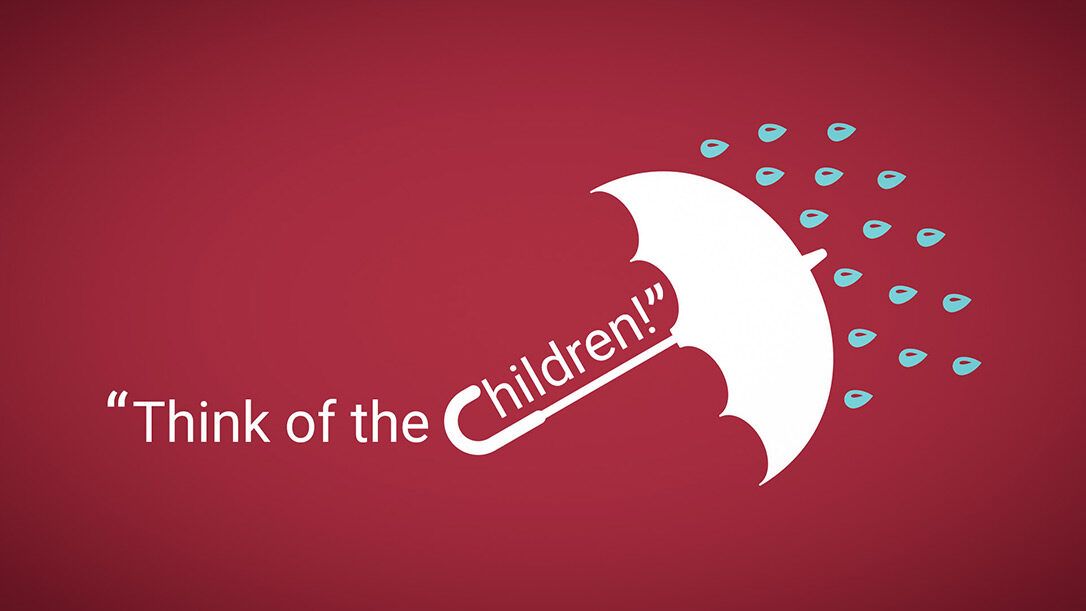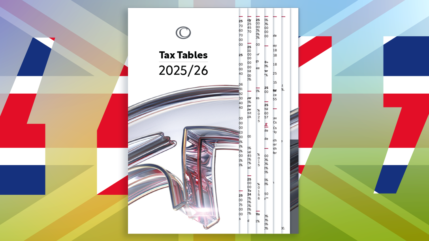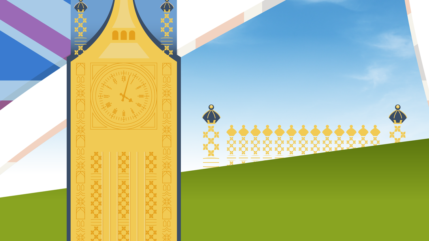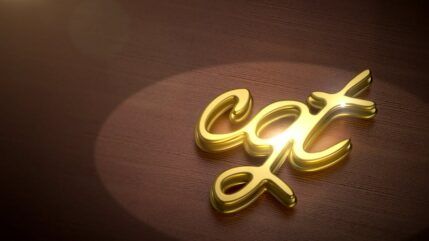Mrs Banks’s plaintive cry to the departing Mary Poppins has often been repeated and/or paraphrased in recent past. Rather than a rhetorical statement tugging at heartstrings and emotions, how can parents and/or grandparents realistically help younger family generations into adulthood with a financial head start?
In the Bright Futures series so far we’ve looked at opportunities offered by cash savings and National Savings and Investments, as well as pensions. Now we’ll look at the role of trusts and in particular, bare trusts.
What, or more to the point who, does a bare trust involve?
The Settlor: This is someone, typically parents and/or grandparents, wishing to place assets (usually cash) into a trust for the benefit of…
The Beneficiary: This is the individual or individuals (in this illustration an individual under 18 years of age) who will eventually benefit from the assets placed into the trust.
Safe-keeping and management of these assets is entrusted to the…
Trustee / Trustees: One person or more, whose duties are to manage the assets of the trust on behalf of the eventual beneficiaries. This would include making any investment decisions.
Why would a parent or grandparent utilise a bare trust?
A bare trust allows the trustee/s to secure assets on behalf of a named beneficiary until the beneficiary is deemed old enough to take ownership of the assets themselves. This could be a variety of assets, the most common being cash, and could include investment funds or shares.
What age is deemed ‘old enough’?
In England and Wales, it’s age 18 and in Scotland, age 16. At this point the beneficiary will have “absolute entitlement” to all assets in the trust. Of course, whether the beneficiary will be wise enough to look after these assets themselves is another matter. It may be prudent to prime the beneficiary to understand from an early age how the assets might help brighten the future.
Before the beneficiary reaches the age of entitlement, it’s the responsibility of the trustee to make any investment decisions regarding the trust assets.
Accumulation on the way to adulthood
Eighteen years is quite a long time for the trust assets to be managed and even modest returns could provide the beneficiary with a tidy sum when they reach 18 (16). At this age they’ll be entitled to use the trust’s assets for whatever reason they wish; university funding, buying a car, a deposit on a home. However, as they have an absolute entitlement to the assets, what they actually spend it on is entirely up to them.
It may be reassuring to know that during the life of a bare trust, the trustees can arrange for withdrawals to be made if they are for the sole benefit of the beneficiary (for example to meet school fees or other educational needs).
What About Tax?
Tax would of course depend, to a great extent, on the nature of the trust’s assets. Care should be taken if shares are to be held in the trust as any dividend income would be treated as belonging to the beneficiary. This is fine unless the settlor is a parent of the beneficiary and the income is over £100 in any one tax year. In such cases it would be deemed to be the income of the parent and potentially subject to tax at the parent’s marginal rate.
It is worth noting that this is not the case if the settlors are grandparents or other relatives and for this reason, it’s common for contributions into bare trusts to be made by grandparents. In this case the beneficiary can make use of their own personal allowance if taxable income is produced by the trust’s assets. In addition, the trustees (grandparents in this case) can perhaps consider withdrawing funds to help with school fees prior to the beneficiary reaching the age of entitlement.
As far as Inheritance Tax (IHT) is concerned, any growth on the assets within a bare trust is deemed to be outside the estate of the settlor. The creation of a bare trust is treated as a Potentially Exempt Transfer (PET) and, providing the settlor lives for seven years following the gift, will be totally exempt. Taper relief may apply in certain instances.
Capital Gains Tax (CGT) is payable on gains or profits above the annual allowance in the year of sale. In a bare trust CGT is charged against the beneficiary as if the trust did not exist. The beneficiary should declare any chargeable gains through their own personal Self Assessment tax return.
As you would expect, there are advantages and disadvantages involved in opting for a bare trust:
| Advantages | Disadvantages |
|
|
With a broader picture in mind, this really is just a brief overview of the use of bare trusts. Experience proves family circumstances and objectives differ greatly where wealth management’s concerned and as ever, your Courtiers adviser will be able to discuss bare trusts with you to help you understand and establish whether it might be a suitable option for you.













